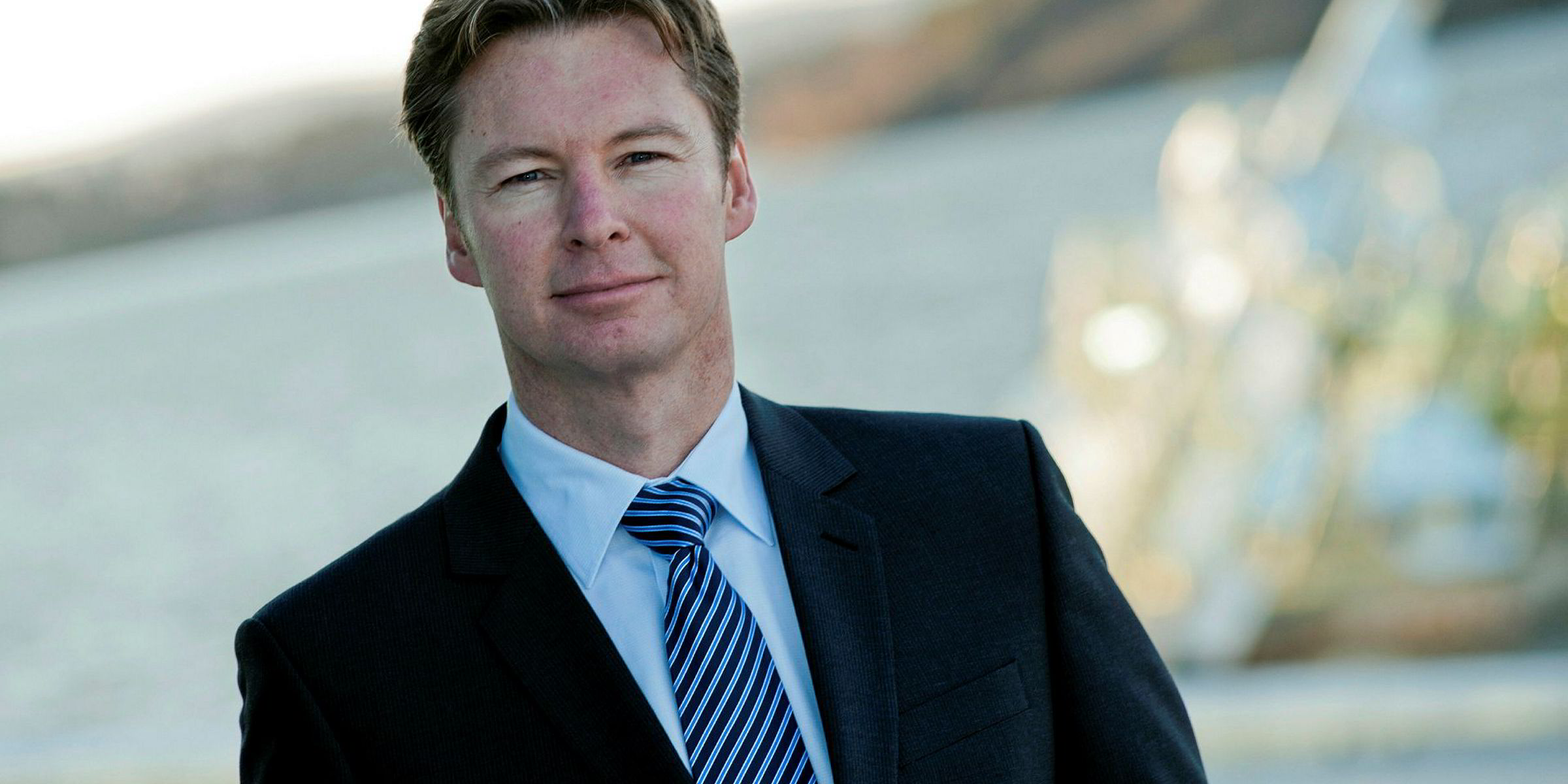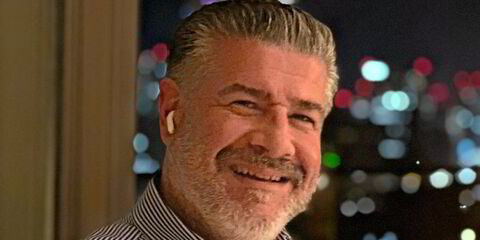Knut Orbeck-Nilssen, recently appointed chairman of the International Association of Classification Societies (IACS), is raising membership criteria through a series of tough key performance indicators and benchmarking measures.
The DNV GL head of marine insists the move, set to kick in around 2018, aims to make sure members can meet increasingly tough maritime regulations and does not seek to marginalise smaller, less technically capable members.
“There is an increasing expectation from society, stakeholders and regulators to decrease [shipping’s] environmental impact and increase safety, and a more demanding regulatory framework,” he said.
“IACS needs to make sure it has the highest quality standards and a reliable self-regulating regime,” he explained.
And he shakes his head at the suggestion that the move may have been prompted by questions over the quality of performance of some class societies, including IACS' most recent recruits — the Croatian Register of Shipping, India Register of Shipping and the Polish Register of Shipping.
He says the IACS Council is pleased with the performance of its most recent members and none are currently having their membership reviewed for failing to meet quality criteria.
Yet some suggest that while the larger classification societies, such as DNV GL, Lloyd’s Register, the American Bureau of Shipping, ClassNK and Bureau Veritas, have the resources to meet higher standards, smaller societies may struggle.
Those seeking to join, such as Turk Lloyd, which is currently in membership talks, and Tasneef of the United Arab Emirates that has stated its ambition to join, may not now be able to meet the higher criteria.
It was a 2011 European Commission competition probe that forced the association to open its doors to new members, and resulted in the Polish, Croatian and Indian registers receiving full member status.
Yet Orbeck-Nilssen is adamant that the move to raise standards is not about turning IACS back into a closed shop dominated by the largest classification societies.
“It just makes sense to look at the changes in the industry and make sure we can meet the regulatory criteria,” he said.
The shift towards digitalisation has brought additional pressures on classification societies to raise technical standards.
DNV GL, for example, is switching to the electronic certification of secured agreements with leading flag states, while ClassNK’s e-certificate statutory and class certification programme has been approved by Panama, Liberia, the Marshall Islands and Singapore.
So too has automation and the shift towards sensor-based condition and performance monitoring. These have opened the door for new surveying processes with sensors providing data on when equipment should be monitored. Until now, maintenance has been based on periodical surveys that take no account of the state of equipment.
“Most rules and regulations have a specific notation that a piece of equipment must be opened up and inspected after a certain amount of time,” he said.
“Experience tells us that when you open up equipment you can introduce failures, but if you have a monitoring system in place then that can be pushed out into the future.”
IACS is working with the International Maritime Organization (IMO) to make sure the regulatory background is in place to allow it to make changes to shipping and classification practices that have been brought about by the advances in digital technology.
IACS is the central technical advisor to the IMO, but Orbeck-Nilssen is quick to rebuff the suggestion that the relationship may have become too cozy of late.
Critics complain that under the current relationship the IMO relies on IACS' marine expertise, while IACS members find themselves the commercial benefactors of many of the regulations they help forge. But that mutual reliance, critics say, may come at the cost of alternative views from outside of the shipping industry.
Orbeck-Nilssen says it would be wrong to suggest IACS is the sole technical voice at the IMO. He points to the IMO’s policy of taking advice from a wide variety of non-governmental organisations, as well as views from outside the industry, on issues such as cyber security.
Defending IACS’ central role at the IMO, he said: “The role of class has become more important than ever with the continued development of technology, and the need to bring new assurance process to unfamiliar technologies.
“Only class has the expertise and resources to stay on top of the trends.”



